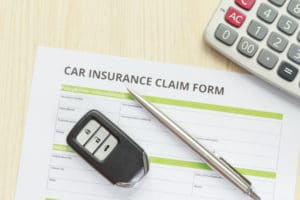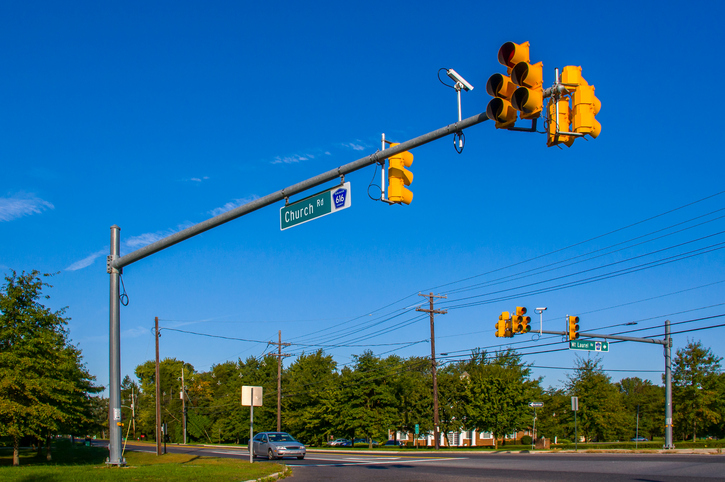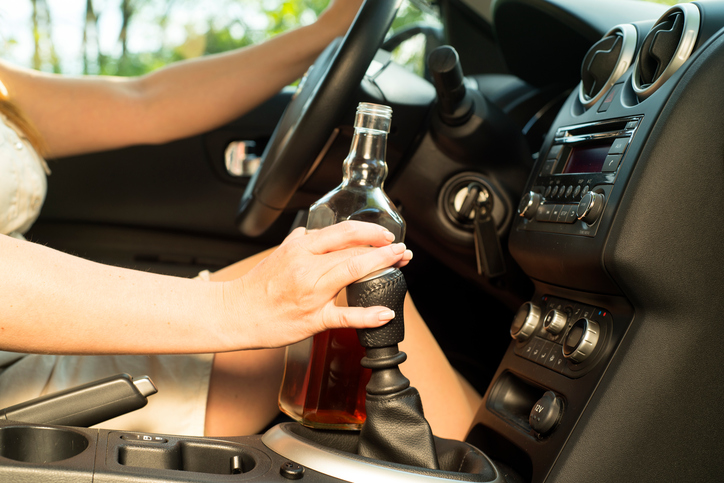How Do I Get My Car Fixed After a Wreck?
 For a moment, put aside the stereotypes you have about car wrecks, attorneys who advertise on TV and insurance companies. Ask yourself this one question, “How do I get my car fixed after a wreck that was not my fault?” If you think the answer is that the guy who caused the car accident is responsible for all of your damages, nothing could be farther from the truth.
For a moment, put aside the stereotypes you have about car wrecks, attorneys who advertise on TV and insurance companies. Ask yourself this one question, “How do I get my car fixed after a wreck that was not my fault?” If you think the answer is that the guy who caused the car accident is responsible for all of your damages, nothing could be farther from the truth.
Very simply, a key concept in motor vehicle law is understanding that even if it is just about the damage to your car and the corresponding repair bill, there is nothing in personal injury law that guarantees you the other guy will or has the ability to pay back all of the damages he caused. You’re at risk of asking, “How do I get my car fixed after a wreck?”
In Kentucky, a driver can lawfully insure a car for as little as $10,000 in regard to property damage claims. This means if you drive a $70,000 Mercedes and are hit by a guy insured by Safe Auto, a company that specializes in selling the minimum amount of insurance legally allowed, Safe Auto is not going to be paying for the repairs to your car. From a quick internet search, it looks like the average selling price of a new car is approximately $35,000. Do you see the problem?
Kentucky law does not require the driver of an automobile to be able to pay all the damages he causes from a car wreck.
It is that simple! Sorry, but this is an indisputable fact that every politician in Frankfort would have to agree with and so far, we are just talking about the damage to your car and not your medical expenses.
The inescapable conclusion is that while it may not be fair or equitable, you have to have, 1) the right insurance coverage on your own vehicle(s), 2) before the car wreck happens, 3) to protect yourself from the uninsured or underinsured driver, 4) whether it is for damage to your car or for making a pain and suffering claim. Listed below is a quick explanation of how to do that.
Important Types of Car Insurance Coverage
- Collision coverage – It will pay for the damage to your car, less your deductible, no matter who caused the car wreck.
- Gap or loan/lease coverage – If your car is damaged beyond repair and your bank loan on your car is higher than what the insurance company says the car is worth, this insurance coverage will pay the difference so you can walk away from the wrecked car rather than having a balance on your loan.
- Uninsured motorist coverage – The car/driver that hit you had no insurance coverage in violation of Kentucky law or that car/driver fled the scene of the accident. We can make a claim against this coverage for your pain and suffering claim which may include your lost wages and some of your medical bills.
- Underinsured motorist coverage – The car/driver that hit you was lawfully insured but he did not have enough insurance coverage to pay all your medical bills, lost wages or pain and suffering claim. After we recover all of the insurance on the at-fault driver, we can recover more of your damages from your own insurance company through this coverage.
- No-fault coverage – No-fault insurance means that the first $10,000 of your medical bills and/or lost wages are covered by the insurance company for the vehicle you are riding in no matter who caused the automobile accident. You can buy optional no-fault coverage as well I would suggest amount $30,000 per person. If you let your health insurance cover your medical bills from a car wreck, you can use this no-fault coverage to pay the co-pays/deductibles from your health insurance and/or any lien that might be asserted by your health insurance against your personal injury claim.
- Suggested amounts of these uninsured and underinsured motorist coverage – $100,000 per person and $300,000 per accident or higher amounts if you can afford more.
The bottom line is that to answer the question, “How do I get my car fixed after a wreck?” the answer is it may depend on you. You can’t control the type and amount of coverage the at-fault driver carries, assuming he/she had insurance in the first place. The best way to protect your car, is to properly insure your car. Does it cost more to do this? Probably so. But, if that car is your only means of getting to work, it may be worth the extra investment in your job and financial security.


 Car accidents in Kentucky and Indiana are rarely “straight forward.” Each case is unique and the circumstances, witnesses, and even applicable laws are different based upon where and how the crash happened. Insurance companies will always try to minimize the amount the pay, and that is usually at the expense of someone who is hurt. This is why you need an experienced injury attorney when you are injured in an accident. I want these blogs to help answer the question of “What should I know and how do I protect myself in these circumstances?”
Car accidents in Kentucky and Indiana are rarely “straight forward.” Each case is unique and the circumstances, witnesses, and even applicable laws are different based upon where and how the crash happened. Insurance companies will always try to minimize the amount the pay, and that is usually at the expense of someone who is hurt. This is why you need an experienced injury attorney when you are injured in an accident. I want these blogs to help answer the question of “What should I know and how do I protect myself in these circumstances?”
 I filed a lawsuit against a drunk driver this week because the liability carrier presented me with a lousy offer on my client’s
I filed a lawsuit against a drunk driver this week because the liability carrier presented me with a lousy offer on my client’s